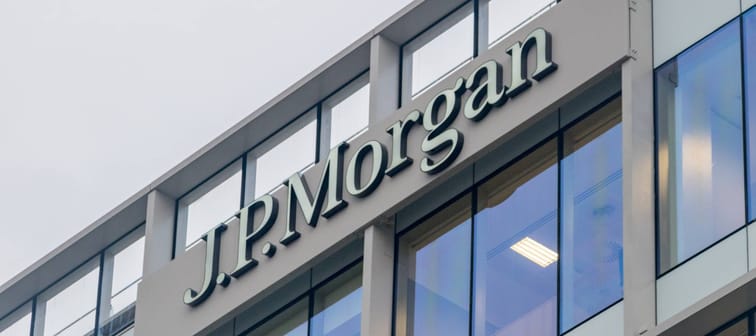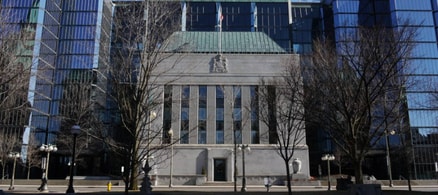Airbnb (ABNB)
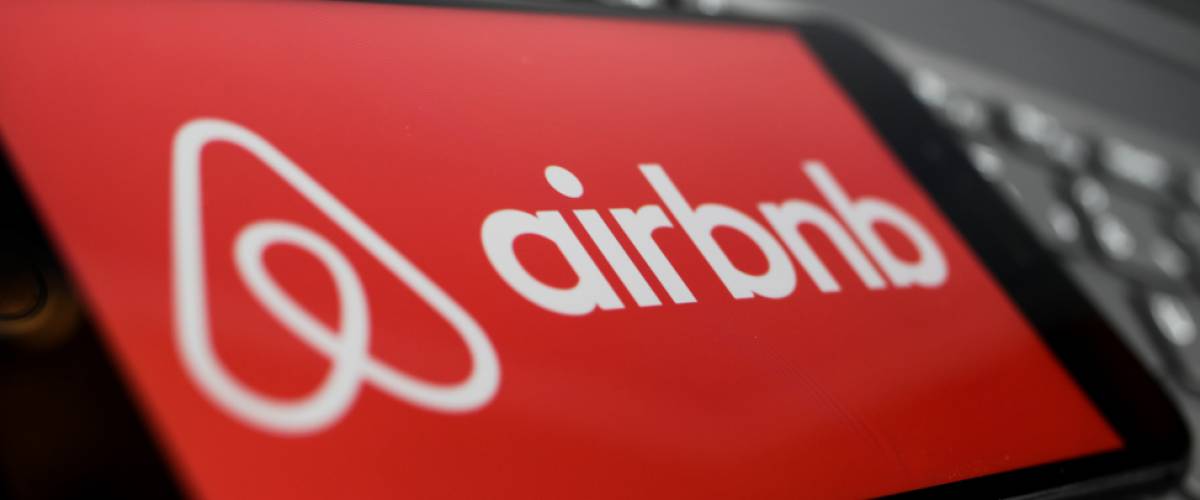
You might think that the pandemic would have annihilated a vacation rental company because so many people cut back on travel, but Airbnb’s stock is up 30 per cent since the start of the year.
There are several reasons why Airbnb remains attractive, even with Omicron uncertainty hanging in the air.
The Airbnb app remains a first option for many travelers who abandoned traditional hotels. If those travelers hope to avoid crowds, staying in an Airbnb provides more social distancing than a hotel. And once the pandemic has passed and rental demand in city centers returns, there will be no shortage of real estate investors fashioning apartments and condos into Airbnb rentals.
The company just wrapped up the best quarter in its brief history. The third quarter saw Airbnb rake in more than US$2.2 billion in revenue, a 67 per cent year-over-year increase. Net profits for the quarter were US$834 million.
Carnival Corp. (CCL)
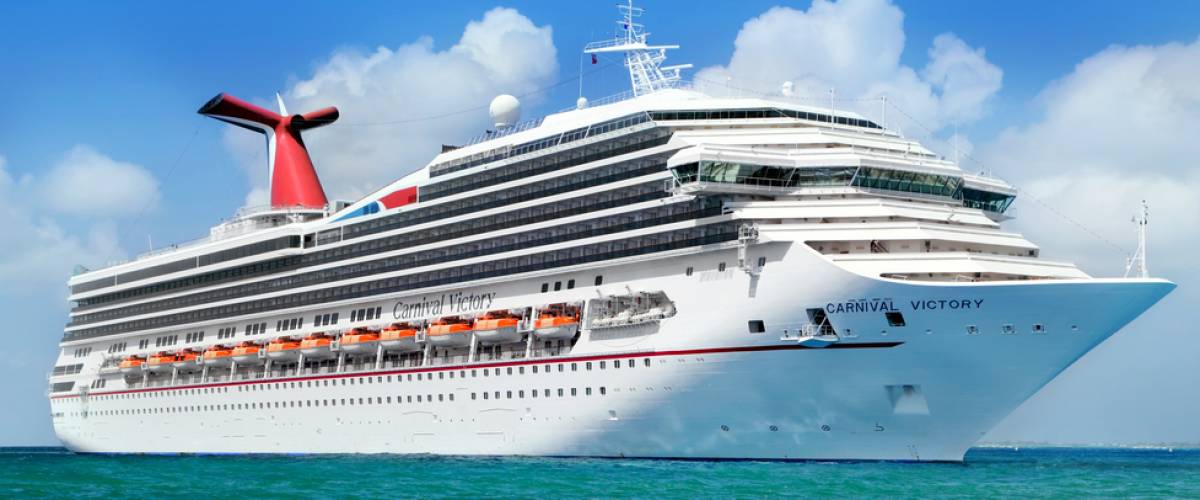
Carnival, America’s largest cruise operator, has not fared as well as Airbnb. Since mid-January 2020, the cruise ship operator has seen its share price sink by about 63 per cent.
That’ll happen when numerous COVID outbreaks on boats have the world thinking your product is a floating germ lab.
But the global cruise industry is alive and kicking. In December, 68 brands are set to operate 239 cruise ships, according to Cruise Industry News, which predicts major companies will be back to operating a large part of their fleets by early 2022. The rebound in demand has analysts forecasting a return to profitability for Carnival next year.
That’ll be welcome news, because 2021 has been awful. Carnival posted a net loss of US$2 billion in the third quarter alone. But the company also had US$7.8 billion in liquidity at the end of Q3, which the company says will be enough to return it to full operations.
Booking Holdings (BKNG)
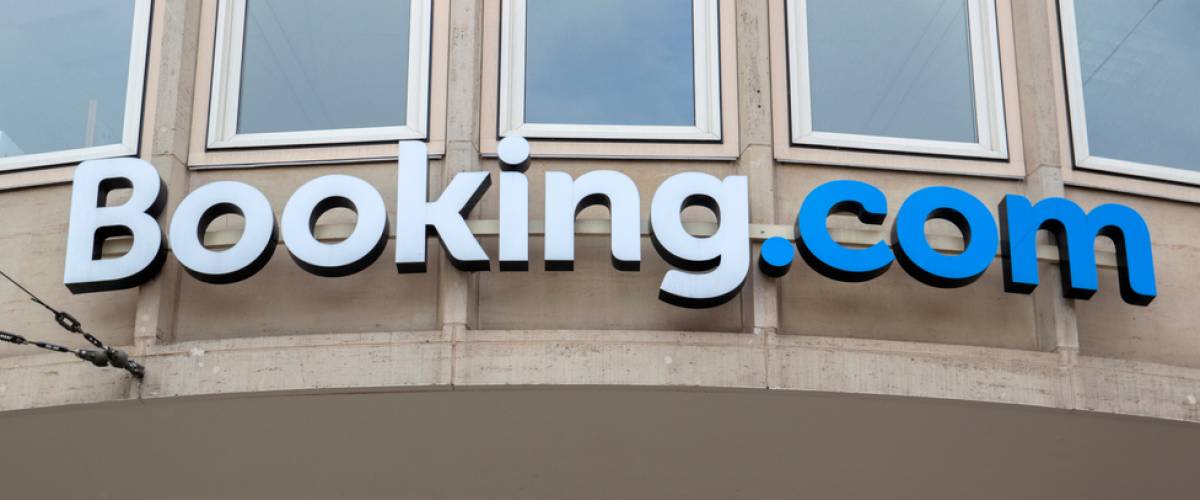
Booking Holdings is a lot more than just Booking.com. The company owns several popular travel fare aggregators, including Priceline, Agoda, Kayak, Cheapflights and even restaurant reservation platform OpenTable.
In 2019, the last full year before the pandemic, consumers booked 845 million room nights, 77 million rental car days and 7 million airplane tickets through websites owned by Booking Holdings.
With little opportunity for competitors to swoop in and absorb its market share in the last two years, the company stands to continue as a dominant player in the travel booking space.
Booking is already reaping the benefits of rising demand from travelers. It brought in almost US$4.7 billion in revenue in the third quarter, a 77 per cent increase over the same period last year.
Since the start of 2021, Booking's share price has increased almost 5 per cent.
There’s more to investing than stocks

Nothing against JPMorgan, but no one can truly predict what next year will mean for the stock market. A number of prominent investors have said it’s due for a historical correction.
If you want to invest in something that avoids the queasy up-and-down of the stock market, it might be time to take a look at some under-the-radar alternative assets.
The art market has been beating the stock market for decades, but blue-chip art investments were accessible only to the wealthy. Now, a new platform is offering everyday investors a way to get in on the art action.
